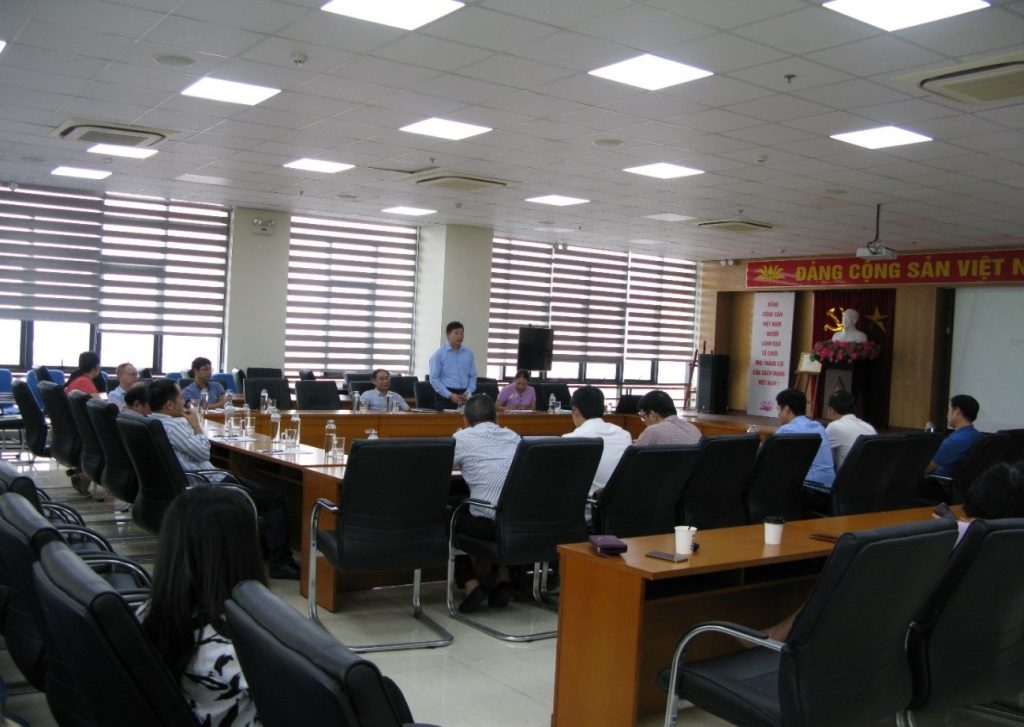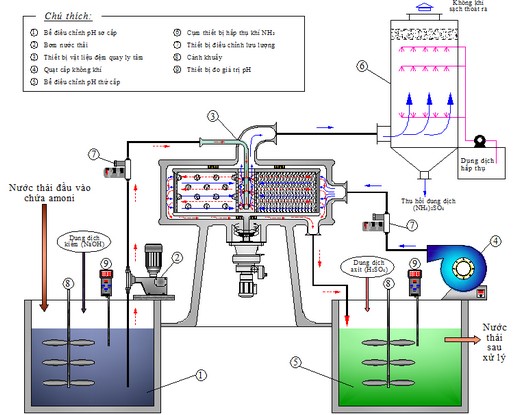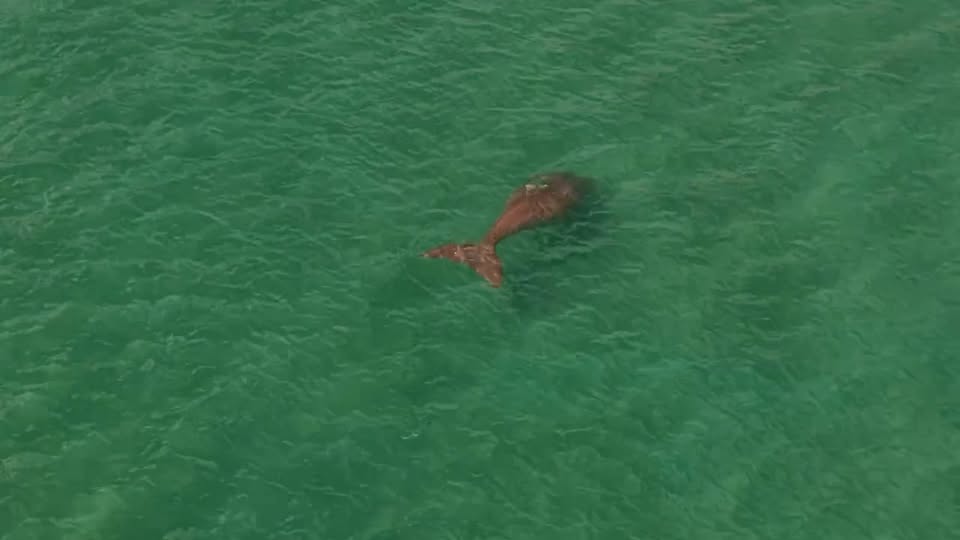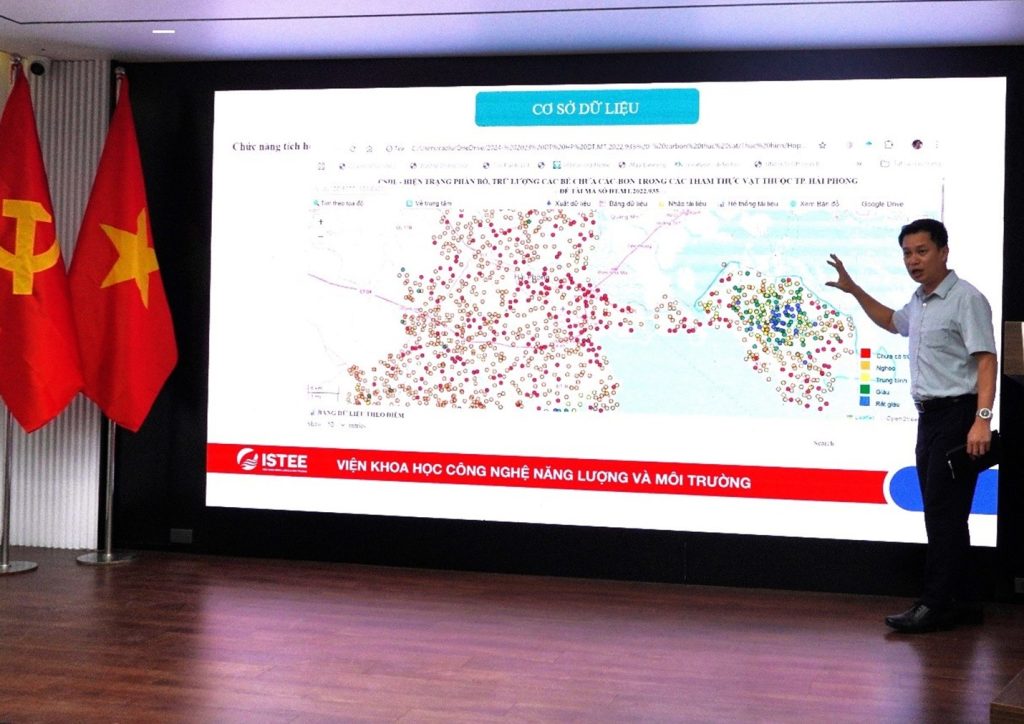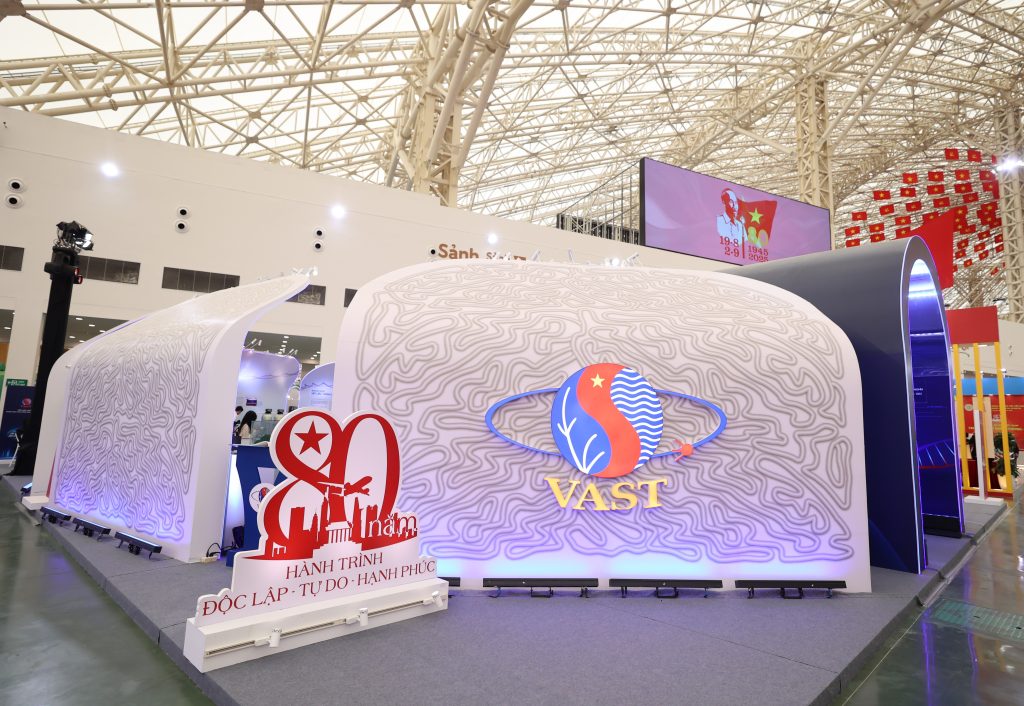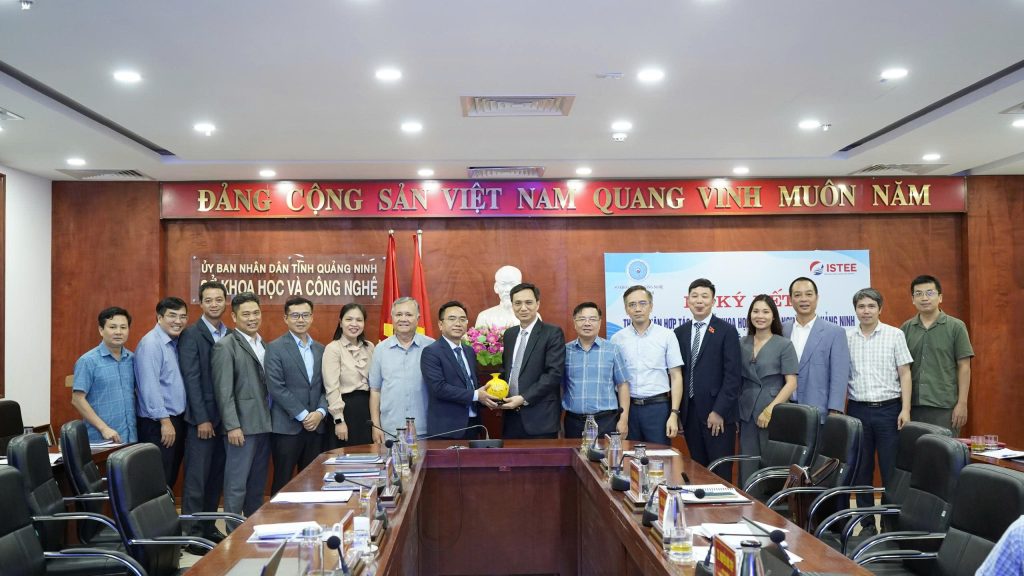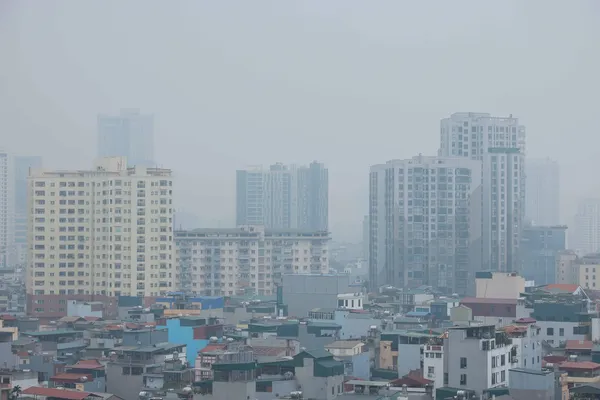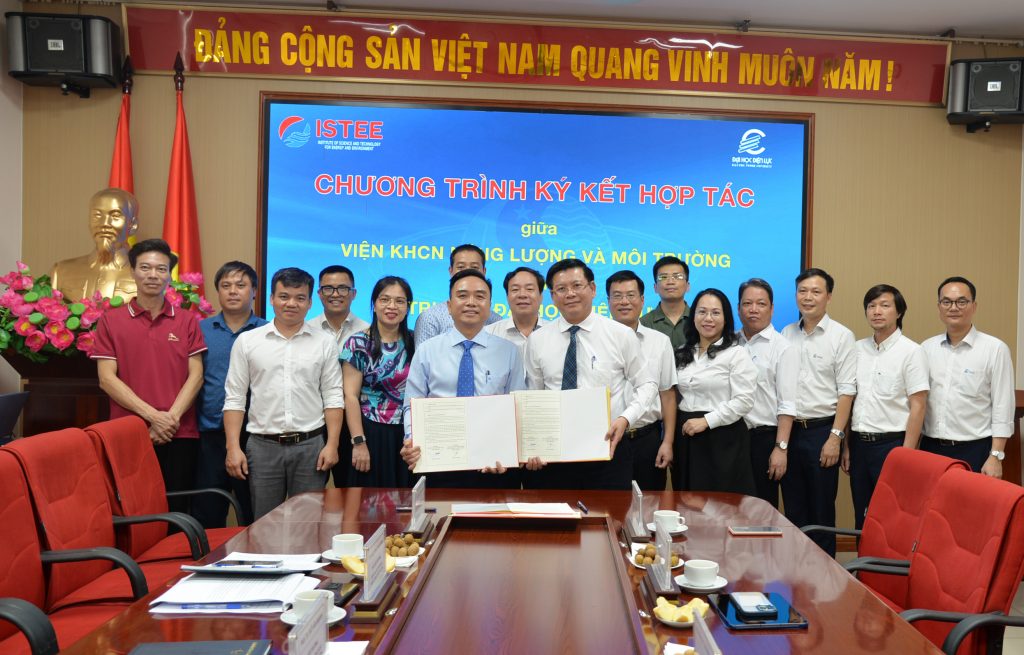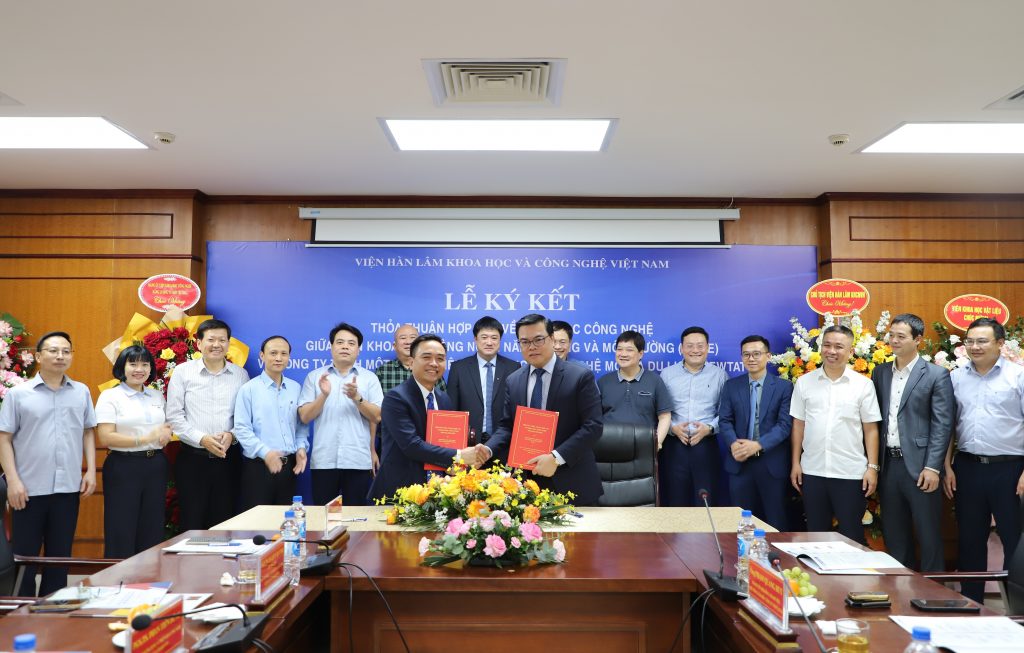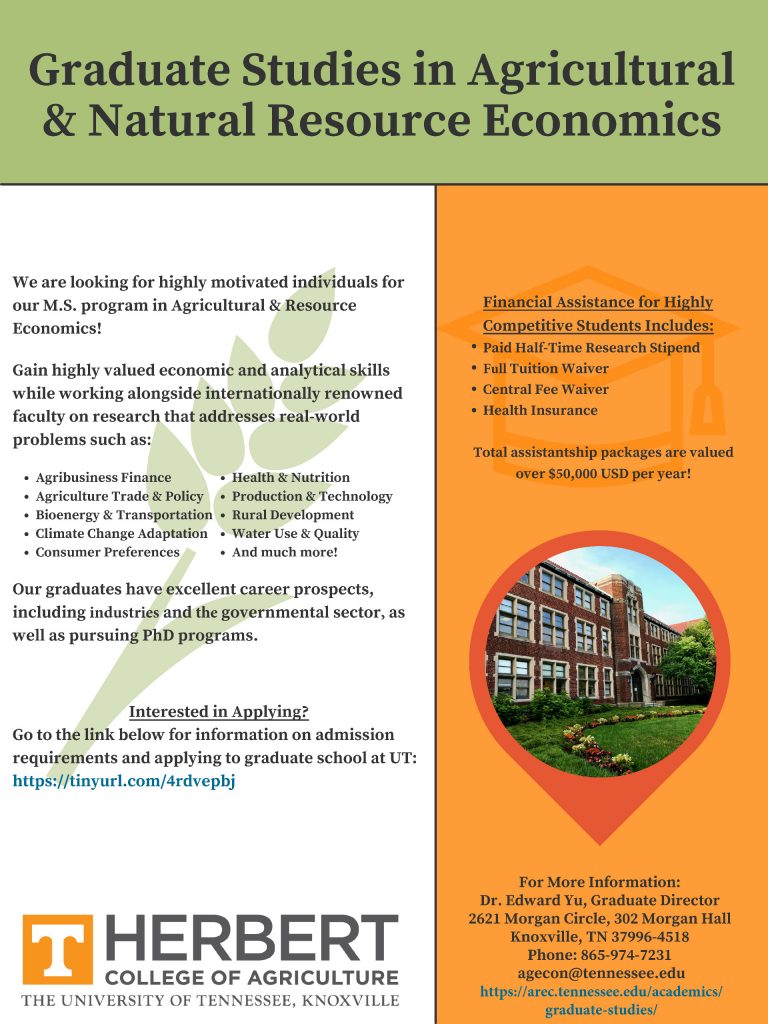01 – 04 Dec 2025
Southeast Asia Energy Efficiency Policy Training Week 2025
Training — Hanoi, Viet Nam
Background information
The International Energy Agency (IEA) is pleased to host the next Southeast Asia Energy Efficiency Policy Training Week, taking place in Hanoi, Viet Nam, from 1-4 December 2025.
Since 2015, the IEA’s Energy Efficiency Policy Training Weeks have brought together more than 3,000 policymakers from over 130 countries, primarily from government institutions and supporting organisations in emerging economies.
The Southeast Asian Energy Efficiency Policy Training Week aims to equip participants with greater knowledge and skills to develop and implement effective energy efficiency initiatives in the region. These policy training weeks are organised by the IEA’s Office of Energy Efficiency and Inclusive Transitions through its Energy Efficiency in Emerging Economies Programme.
This event represents a unique opportunity for policy makers to learn from international best practice and foster a truly international global community of energy efficiency practitioners, helping them to advance the goal of doubling energy efficiency by 2030 while improving people’s lives.
Format of the training
The Training Week consists of five parallel courses on energy efficiency:
- buildings
- appliances
- industry
- transport
- indicators and evaluation
Each track offers a combination of lectures, interactive discussions and practical exercises that allow participants to learn from international best practice and each other. The programme also includes joint sessions on tracking progress and communication campaigns, as well as exploring the social and economic benefits of energy efficiency measures. Activities during the training week are designed to provide participants with hands-on experience, in addition to opportunities to exchange information and expertise with colleagues from the region.
The training is aimed at energy efficiency policy makers, principally from energy ministries and supporting institutions, but applications would be accepted from those in relevant sectors of industry or academia and NGOs involved in energy efficiency policy making.
The first morning will set the scene for the week, featuring panels of government sector leaders and energy efficiency specialists who will discuss key energy efficiency issues and opportunities.
Which course is for you?
Buildings
Through this stream, participants will gain knowledge and skills across a wide range of topics related to energy efficiency in buildings, placing them in the context of the transition to net zero emissions. Starting from the fundamentals of energy use in buildings, to building design and technological solutions, it also includes training on policies and investment instruments to accelerate energy efficiency in buildings. The stream is based on international best practice and actionable recommendations, including developing a national roadmap to achieve a net-zero transition for the buildings sector.
Appliances and Equipment
This stream aims to prepare participants to successfully advance appliance energy efficiency policy. It does so by introducing the fundamentals to effectively design and implement an energy efficiency policy package integrating regulations, information, and incentives to move appliances towards higher efficiency standards. On completion, participants will have a solid understanding of high-level strategic issues as well as the tools to leverage their own expertise and interest to contribute to advancing energy efficiency in appliances and equipment.
Industry
The industry stream will equip participants with the knowledge and skills needed to design and implement energy efficiency programmes for a range of industry subsectors and across small, medium and large enterprises. The training is designed around the industry energy efficiency policy package which combines regulation, information, and incentive measures to unlock energy efficiency benefits in ways that also help businesses to reduce costs and greenhouse gas emissions increasing their more resilience and competitiveness.
Transport
The transport stream focuses on achieving improvements in vehicle energy efficiency, with a key focus on electrification. After a scene setting introduction examining transport energy use and the multiple benefits of effective policy packages.
Participants will leave with the skills and understanding needed to develop a policy package approach. Case studies are a core component of the training covering best practice and lessons learnt from on the ground implementation.
Indicators and Evaluation
The indicators and evaluation workstream will provide participants with an understanding of how they can use data and evidence to develop energy efficiency policies and programmes, monitor progress and evaluate the impact of these policies to meet the global goal.
Participants will learn about national energy efficiency indicators and how they can be used in policy making and evaluation across sectors. On completion of the course, participants will be familiar with international best practice in monitoring and evaluation and be confident in taking action to implement that practice in their work.
Schedule for the week
1 December (morning) – Opening plenary:
The event will open with a high-level plenary session featuring panels of senior government officials and energy efficiency specialists. This session will set the stage for the week by discussing key energy efficiency challenges and opportunities.
1 December (afternoon), 2 December (full day), 3 December (full day) – Track-based training sessions:
The core of the programme will consist of thematic, track-specific sessions designed to provide targeted training and peer-to-peer exchanges on energy efficiency policies and practices.
4 December (full day) – Implementation and networking:
The final day will focus on applying the skills acquired during the week. Sessions will explore practical strategies for promoting energy efficiency, and group exercises will foster regional collaboration, helping participants build connections and share experiences.
Practical information
- All training courses are delivered in English. Proficiency in English is therefore an essential requirement for all participants.
- There is no attendance fee for the training, but participants are responsible for covering their travel and accommodation costs. Logistic details about the venue to assist with your trip planning will be available soon.
- Applications are to be lodged through an online form on this website (apply). Applicants will be advised on the outcome of their application by email.
Training material
The materials from the training sessions will be available at the conclusion of the event.
* Source: Southeast Asia Energy Efficiency Policy Training Week 2025 – Event – IEA
- The Vietnam Academy of Science and Technology (VAST) participates in the National Exhibition on Vietnam’s Achievements on the occasion of the 80th Anniversary of the National Day (September 2, 1945 – September 2, 2025).
- The Faculty of Environmental Technology evaluated sectional reports and doctoral dissertation overview of PhD student Nguyen Duy Thanh
- No. 57-NQ/TW, Hanoi, December 22, 2024, CENTRAL EXECUTIVE COMMITTEE RESOLUTION OF THE POLITICAL BUREAU ON BREAKTHROUGHS IN THE DEVELOPMENT OF SCIENCE, TECHNOLOGY, INNOVATION, AND NATIONAL DIGITAL TRANSFORMATION
- 01 – 04 Dec 2025: Southeast Asia Energy Efficiency Policy Training Week 2025
- Sci-tech cooperation agreement signed between Institute of Science and Technology for Energy and Environment (ISTEE) and New Technology Application and Tourism Company Limited (NEWTATCO)





